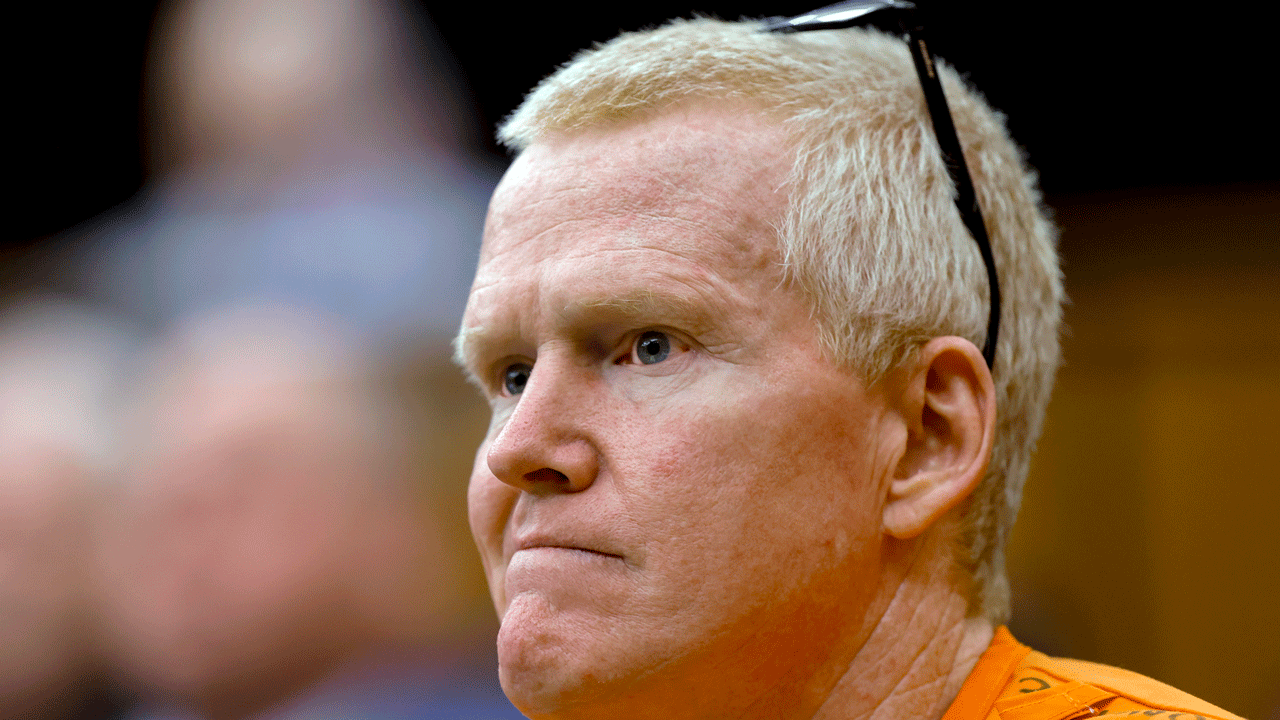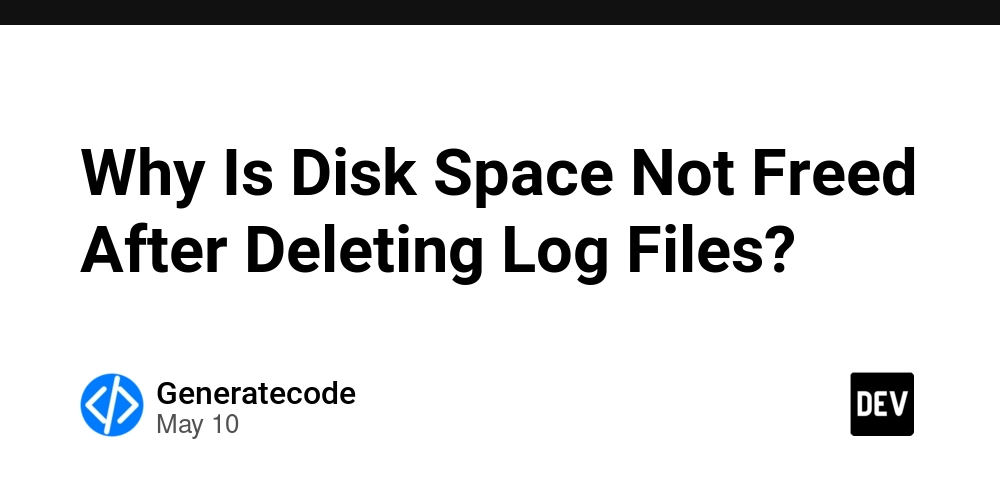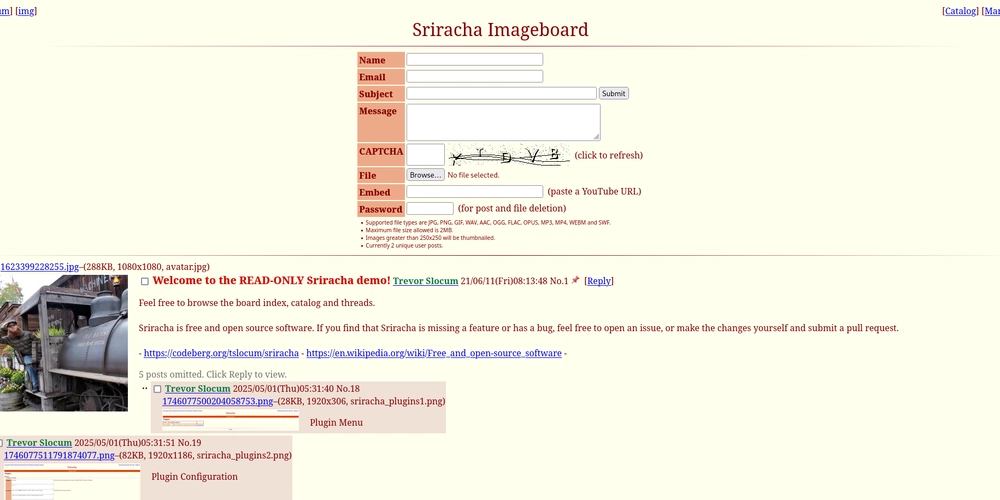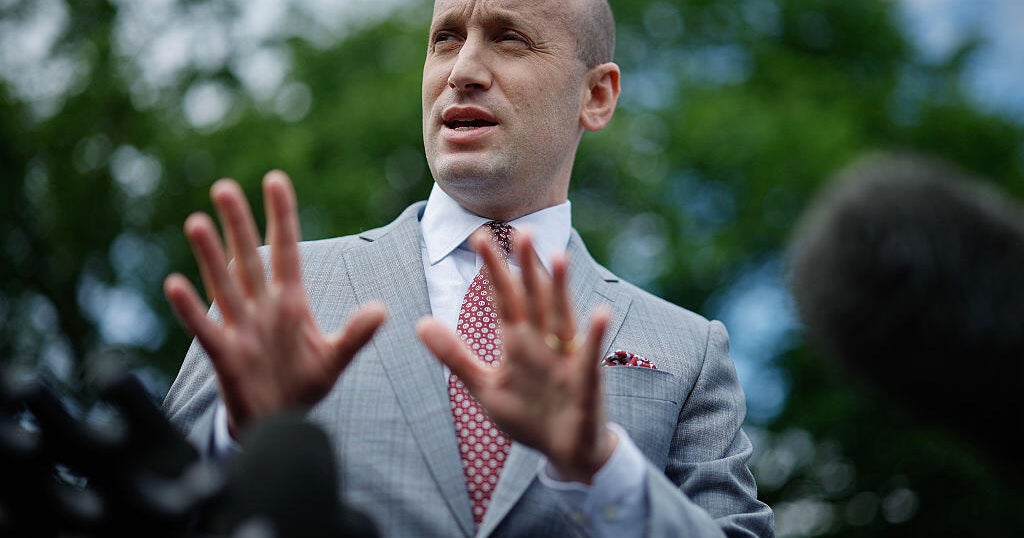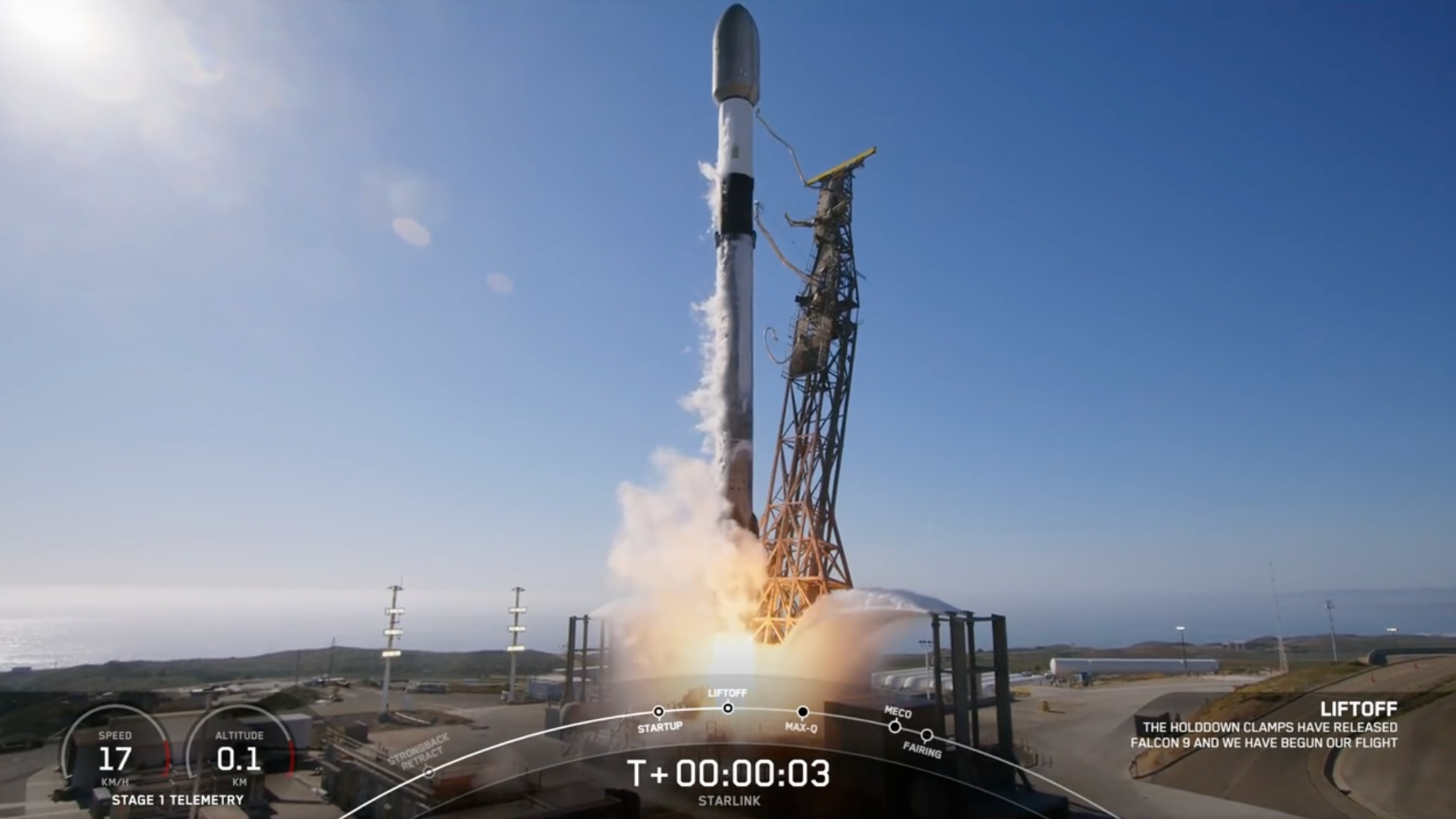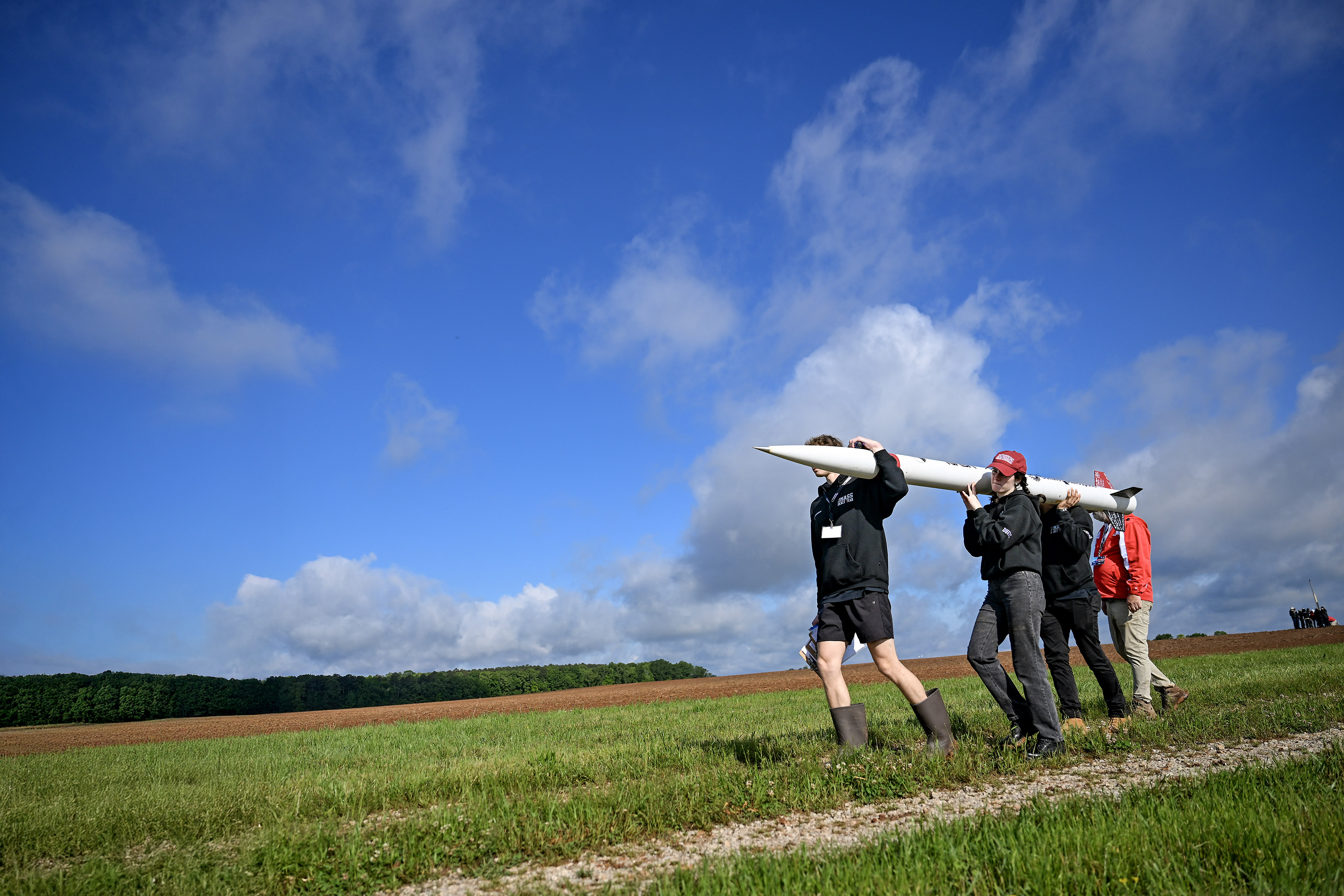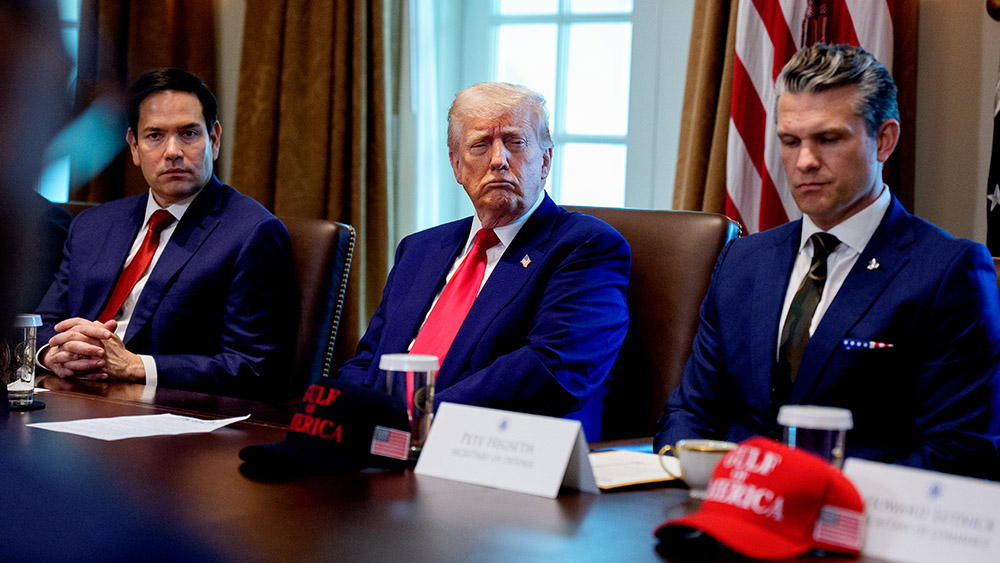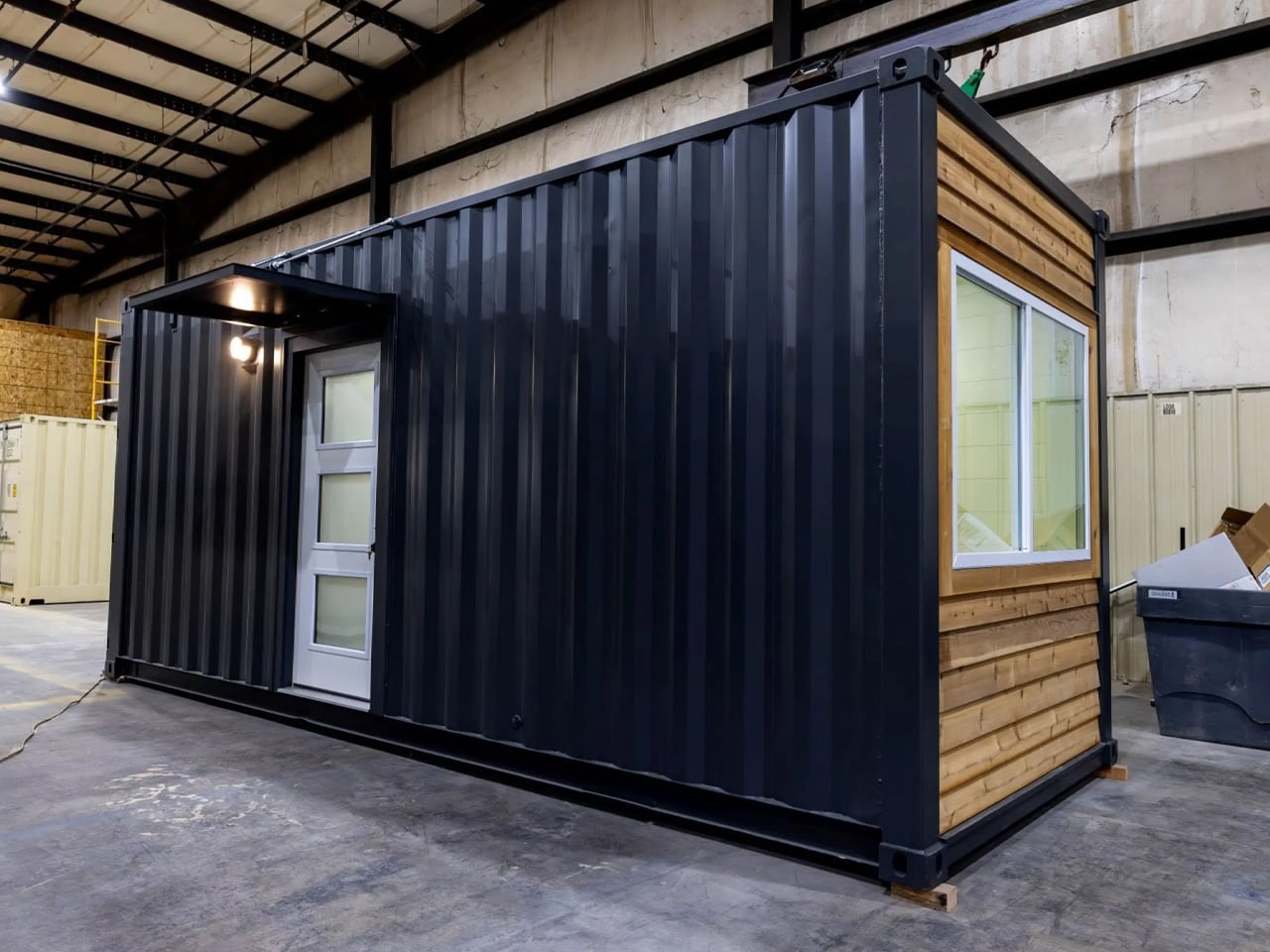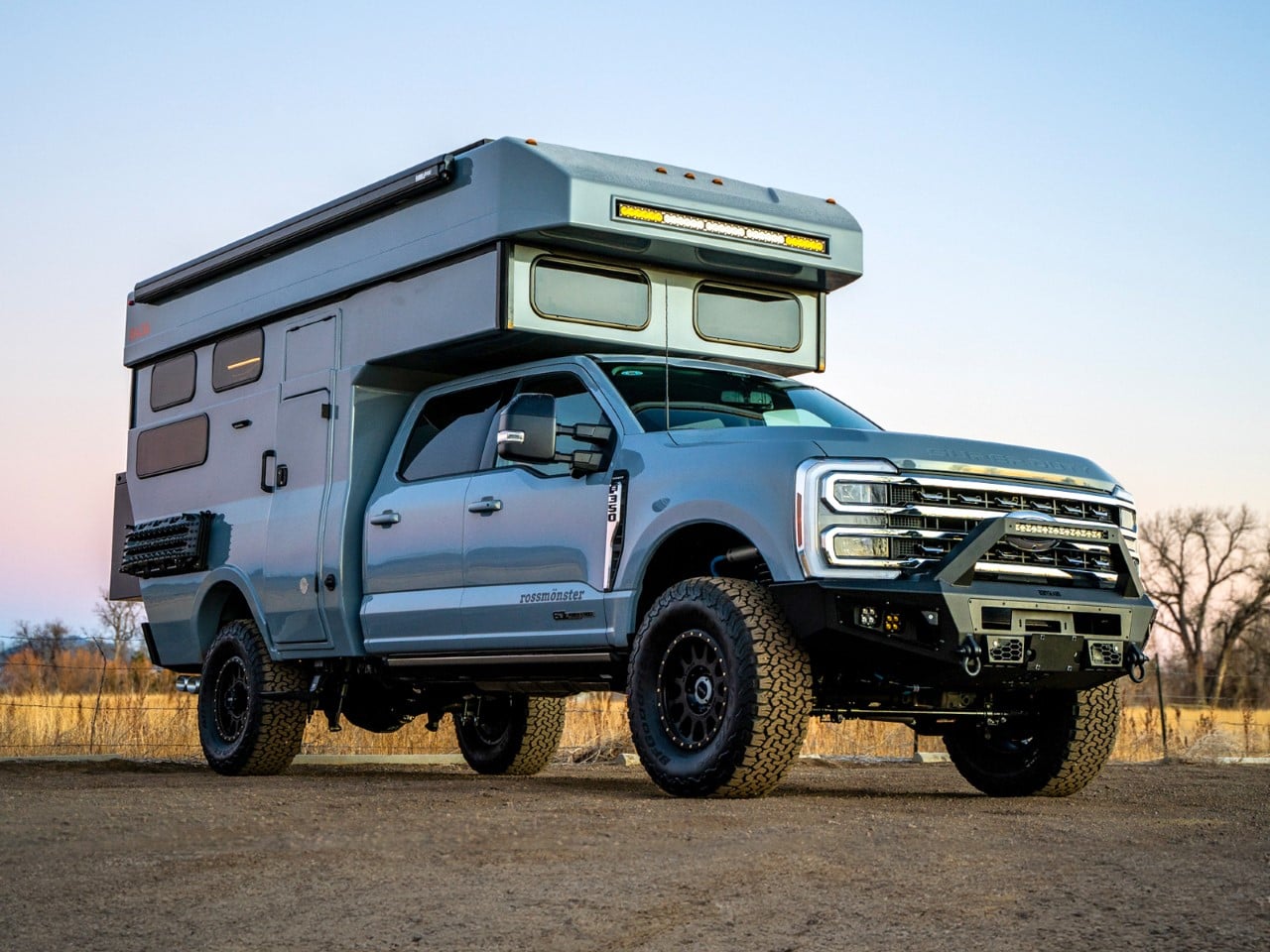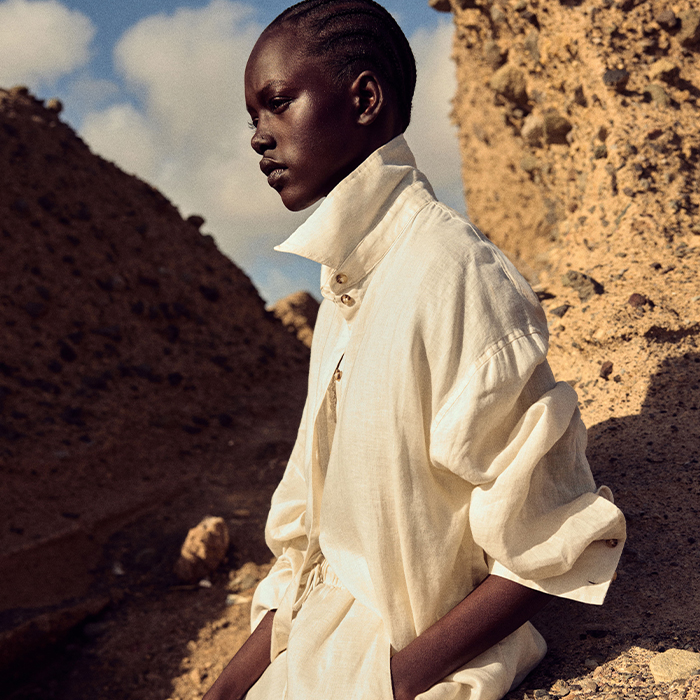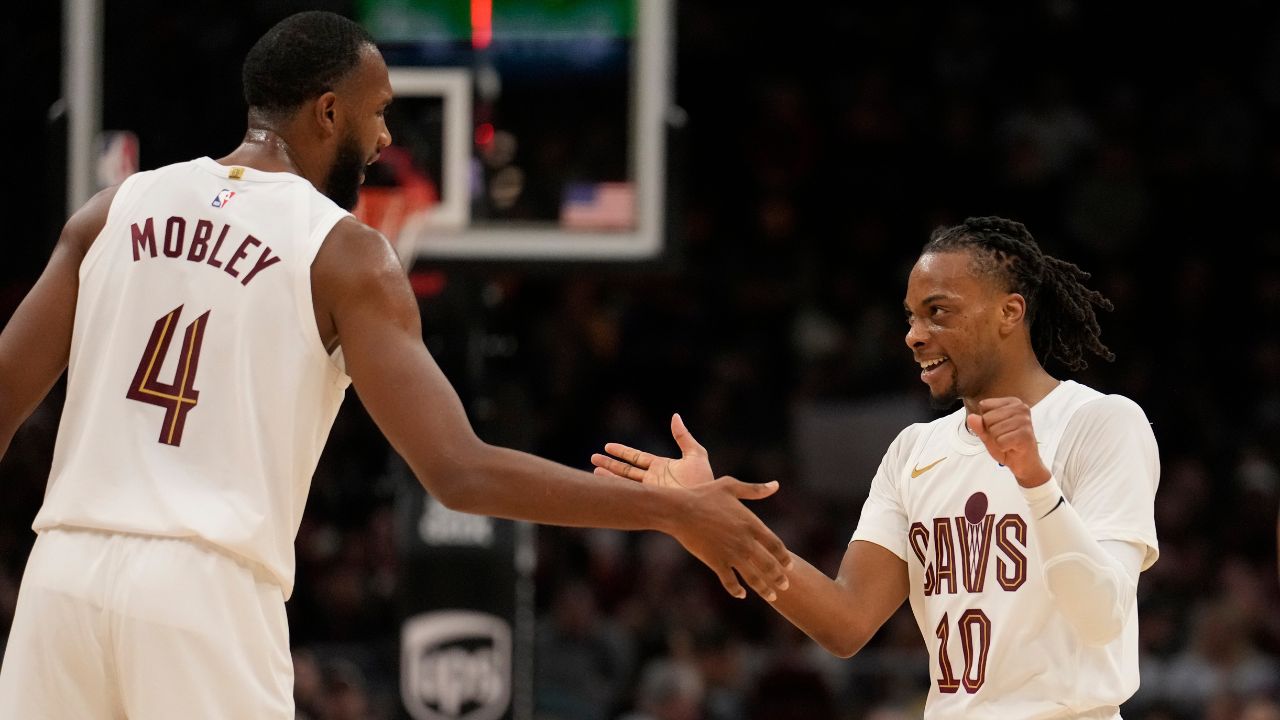Manchin slams West Virginia move to ban ranked-choice voting
Former West Virginia Sen. Joe Manchin, who served as a centrist Democrat for most of his career before becoming an independent last spring, denounced his state’s move to ban ranked-choice voting despite the system never being used there. Manchin wrote Tuesday in a post on the social media platform X that elections in West Virginia...

Former West Virginia Sen. Joe Manchin, who served as a centrist Democrat for most of his career before becoming an independent last spring, denounced his state’s move to ban ranked-choice voting despite the system never being used there.
Manchin wrote Tuesday in a post on the social media platform X that elections in West Virginia are “heading in the wrong direction” given the ranked-choice voting ban from March and a move from a state legislator to potentially close primary elections to only party members starting in 2026.
“Lawmakers just banned ranked choice voting—even though we’ve never used it. At the same time, they’re trying to shut out over 300,000 independent voters from participating in primary elections. That’s nearly 30% of West Virginia voters being told their voices don’t matter,” he said. “This isn’t leadership—it’s political gamesmanship.”
West Virginia Gov. Patrick Morrisey (R), whom Manchin defeated in his 2018 Senate election, signed the ban on ranked-choice voting into law in March after the legislation received overwhelming approval in both the state House and Senate.
Ranked-choice voting is a system in which voters rank multiple candidates in order of preference. In counting the vote, the candidate with the fewest first-place votes is eliminated and their votes are reallocated according to their supporters’ next preference.
The process continues until one candidate receives a majority of the vote.
The system is used statewide in Alaska and Maine and several municipalities in other states, like California and New York. But moving to ban the system, even if it’s not currently being used, has become increasingly popular in conservative-leaning states over the past year, with more than a dozen states banning it as of March, according to Ballotpedia.
Opponents of the system have argued that it’s confusing for voters to understand.
State law currently allows political parties to decide for themselves whether to have closed or open primaries. The state GOP Executive Committee voted last year to make its primaries closed, meaning only Republicans will be able to vote in them starting in 2026.
But West Virginia state Sen. Eric Tarr (R) introduced a bill in February that would prohibit all unaffiliated voters from participating in a major party primary.
Manchin said Democrats tried to close their primary when he was West Virginia secretary of state in 2001, but he stopped them because “it wasn’t right then, and it’s not right now.”
“Ranked choice voting gives voters more say and rewards candidates who appeal to a majority, not just a base,” he said. “Banning it while trying to close primaries sends one clear message: some politicians don’t want to compete, they just want control.”
Manchin has previously stated his support for ranked-choice voting. Throughout his career, which also included a five-year stint as governor before resigning to become a senator, Manchin established a reputation as a maverick willing to criticize both parties.
